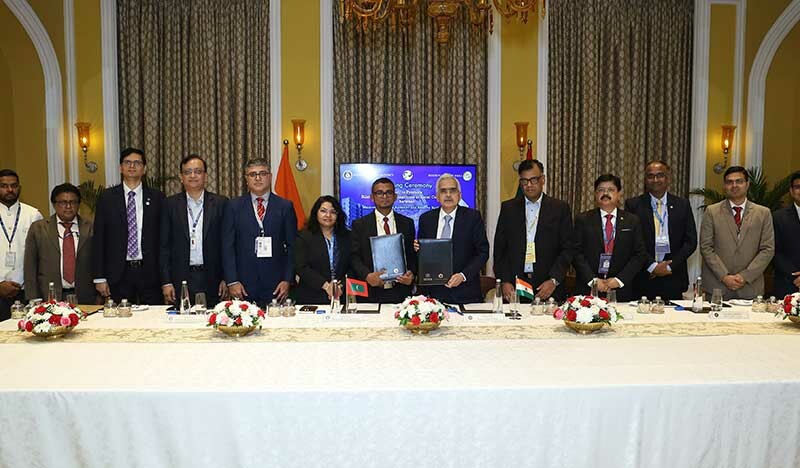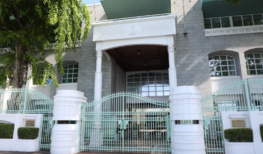Maldives and India Sign MoU to Boost Local Currency Use in Trade

The Maldives Monetary Authority (MMA) and the Reserve Bank of India (RBI) have signed a Memorandum of Understanding (MoU) aimed at promoting the use of their respective local currencies in bilateral transactions.
The agreement, signed by MMA Governor Ahmed Munawar and RBI Governor Shri Shaktikanta Das, sets a framework to encourage the use of the Maldivian Rufiyaa (MVR) and Indian Rupee (INR) for current account transactions, permissible capital account transactions, and other mutually agreed economic and financial dealings.
According to the MMA, the framework will facilitate invoicing and settlement of transactions in domestic currencies, streamlining trade and reducing reliance on third-party currencies. It also includes provisions for trading the MVR-INR currency pair in the foreign exchange market, which is expected to lower costs and improve settlement times.
This is a concrete step towards the realisation of the joint vision of the two leaders of 🇮🇳 🇲🇻 and conveys the readiness of both sides to achieve time-bound and effective implementation of those decisions. https://t.co/OIbQClaj5S pic.twitter.com/FmfpSbin1J— Amb Munu Mahawar | मनु महावर (@AmbMunu) November 22, 2024
The initiative aligns with efforts by the Maldivian government to address the nation’s US Dollar shortage. Among these measures, the MMA and RBI signed a currency swap agreement during President Dr Mohamed Muizzu’s state visit to India in October. The agreement provides the MMA with access to a swap facility under two windows—USD or EUR and INR—allowing for multiple draws up to a combined limit of USD 400 million and INR 30 billion.
This arrangement falls under the ‘Framework on Currency Swap Arrangement for SAARC Countries, 2024-2027,’ enabling participating nations to bolster financial stability and liquidity.
The MoU follows a similar agreement between the MMA and the People’s Bank of China (PBOC) in September. That deal established a framework for settling current account transactions and direct investments in local currencies.
These agreements reflect a broader strategy by the Maldivian government to enhance trade efficiency, reduce dependence on major reserve currencies, and strengthen regional financial ties.







